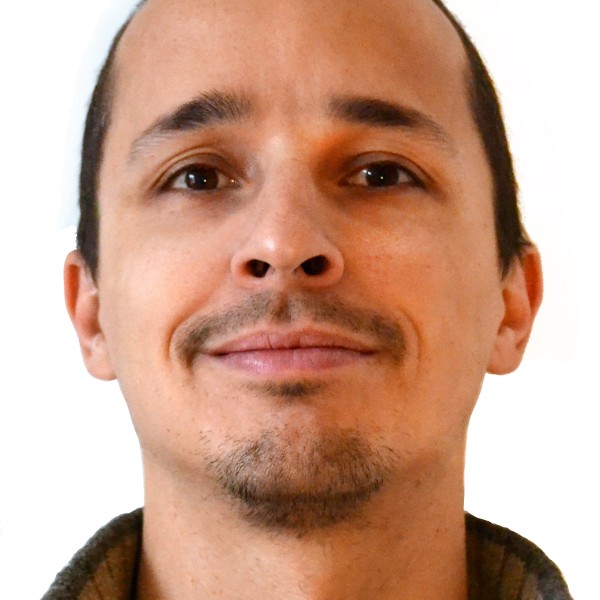
Date & Time
October 11, 2021
9:00 am - 4:50 pm
A three-day, international conference bringing together communities, scholars and policymakers.
We will present our research findings from Indigenous and rural societies in the Pamir Mountains of Afghanistan, Kyrgyzstan, Tajikistan, as well as the Standing Rock Sioux Nation and Oneida Lake Watershed in the United States of America. These Indigenous and rural communities have contributed least to the anthropogenic climate crisis but are facing its harshest consequences.
While these peoples are largely ignored, we are creating an enabling environment for their voices to be heard at our three-day conference. Rhythms of the Land Conference will present findings from the Ecological Calendars for Climate Adaptation Project (ECCAP) undertaken by a team of students and scholars from the USA, Germany, Italy, and China.
Oct. 11
To include presentations of our research findings on building local level anticipatory capacity for climate change through implementable ecological calendars. Our research will also be communicated through works of art presented by prominent Indigenous artists from around the world. The diverse calendars for each community will be presented within an artistic aesthetic.
Oct. 12
Will be devoted to policy formulation, communication of climate adaptation strategies, and next steps in applied research. Explore day 2 public programming.
Oct. 13
Will identify specific initiatives for action. Collective insights from presenters offer a sustainable roadmap for climate change adaptation – and hope - for all, regardless of political ideology.
Oct. 11 public programming to include:
Nevin Welcome Center, Cornell Botanic Gardens
9 a.m. - 10 a.m.
Environmental Justice and Indigenous Communities
James Ross, Teetl’it Gwich’in, Past Chief of Fort McPherson and
Negotiator of the Gwich’in Land Claim Agreement
10 a.m - 10:40 a.m.
Methodology of Hope – The Role of Ecological Calendars in Responding to the Challenge of Climate Change
Dr. Karim-Aly Kassam, International Professor of Environmental & Indigenous Studies, Dept. of Natural Resources & the Environment
Herbert F. Johnson Museum of Art
3:15 p.m. - 3:55 p.m.
Measurements meet human observations:integrating distinctive ways of knowing in the Pamir Mountains to assess local climate change
Professor Cyrus Samimi, University of Bayreuth, Germany
4:00 p.m. - 4:50 p.m.
Artists and Communities Panel Conversation: Environmental Justice
Frederick McDonald, Past-Chief Executive Officer Fort McKay First Nation
Natani Notah, Navajo interdisciplinary artist and educator
Tony David, Director, Environmental Division, Saint Regis Mohawk Tribe
COVID-19 event public safety requirements:
- Wear masks at all times during the event.
- Every participant is expected to be fully vaccinated.
Cornell University is located on the traditional homelands of the Gayogo̱hó꞉nǫ' (the Cayuga Nation). The Gayogo̱hó꞉nǫ' are members of the Haudenosaunee Confederacy, an alliance of six sovereign Nations with a historic and contemporary presence on this land. The Confederacy precedes the establishment of Cornell University, New York state, and the United States of America. We acknowledge the painful history of Gayogo̱hó꞉nǫ' dispossession, and honor the ongoing connection of Gayogo̱hó꞉nǫ' people, past and present, to these lands and waters.
More information about this event.
Contact Information
Kania Thea Pradipta
- ktp37 [at] cornell.edu
Speaker
Departments
Natural Resources and the Environment
Cornell Botanic Gardens
Related Events

We openly share valuable knowledge.
Sign up for more insights, discoveries and solutions.



